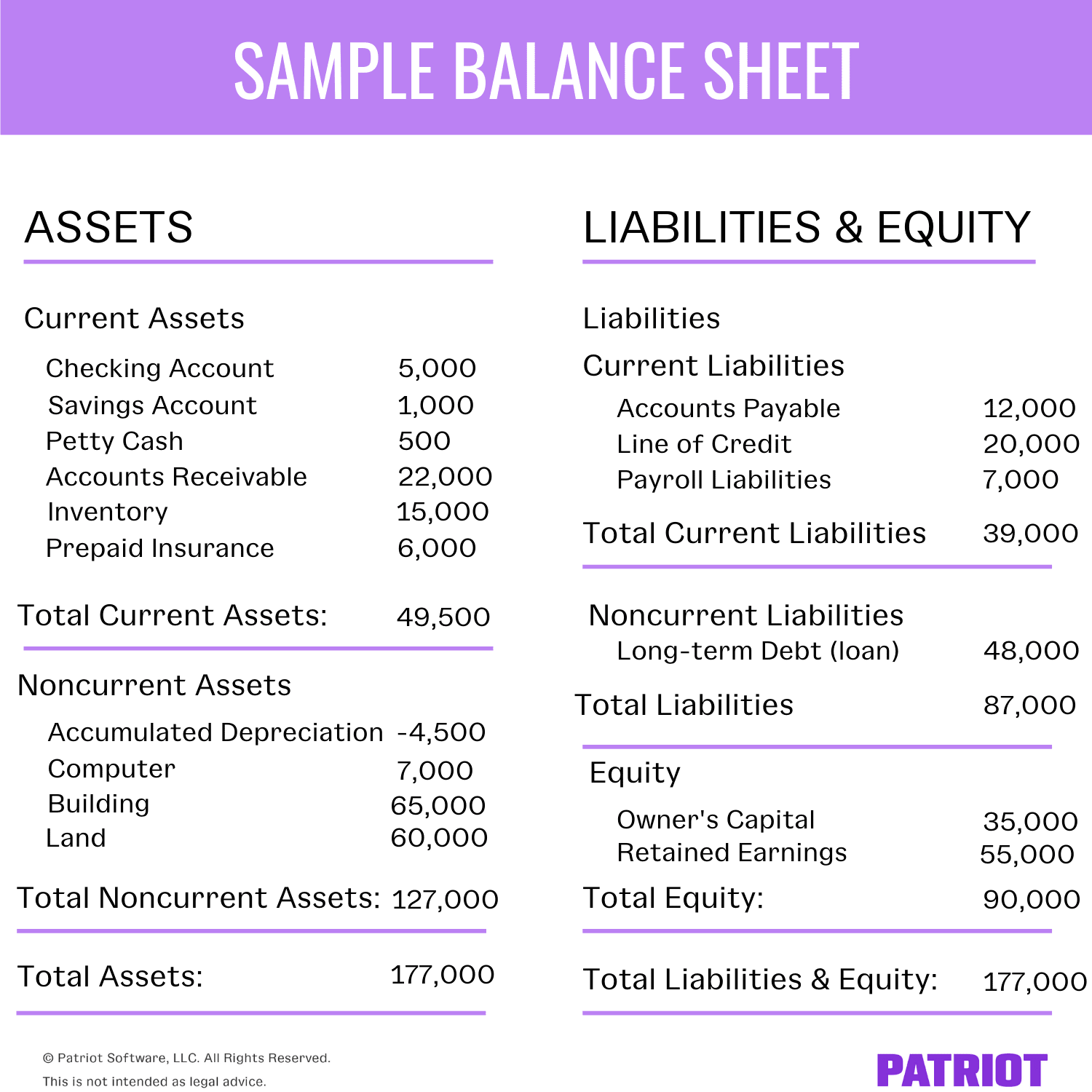Tax finalization in Vietnam
- 27/03/2025
- Posted by: Admin
- Category: News

With the end of March 2025 approaching, it is tax finalization time in Vietnam. And indeed, both businesses and individuals in Vietnam are gearing up to prepare their annual reports for the fiscal year 2024. As in any country, it is important to understand the tax requirements, and the steps involved in preparing tax reports. For businesses, this includes the submission of the annual financial- and tax report. For employees and other individuals with taxable income, this includes the personal income tax report. This VNHL post highlights the key requirements, deadlines, and procedures for tax finalization in Vietnam.
Tax finalization for businesses
For businesses operating in Vietnam, the preparation of an annual financial report is not only a legal requirement. It is also an essential step toward transparency and accountability. The annual financial report provides a comprehensive overview of a company’s financial health. This includes: income, expenses, assets, and liabilities. Business owners must complete the annual financial report before the end of March of the following year. In this case, it means they should complete and file it before 31 March 2025. Failure to submit the report on time, or submitting an inaccurate report, can lead to penalties, fines, and/or audits.

The annual financial report
- Balance sheet: the balance sheet provides a snapshot of a company’s assets, liabilities, and shareholders’ equity. It is an essential part of understanding a business’s financial standing at the end of the year. In the picture below, you can see an example of a balance sheet.
- Income statement: the income statement outlines the company’s revenue and expenses over the course of the year. It highlights the net income or loss that the company has generated, providing key insights into profitability.
- Cash flow statement: the cash flow statement tracks the movement of cash in and out of the business during the year. It is divided into three activities: operations, investment, and finance activities. This document is crucial for assessing a company’s ability to meet its financial obligations, and to reinvest in its operations.
- Statement of changes in equity: this statement explains the changes in the company’s equity during the year, including profits, losses, and dividends distributed to shareholders.

The annual tax report for businesses
In addition to the annual financial report, businesses must also file an annual tax report. This report includes the calculation and payment of corporate income tax (CIT), value-added tax (VAT), and other taxes. The tax reporting process for business enterprises can be quite complex, depending on the size and nature of the business. Here are some of the key components:
- Corporate income tax (CIT): the CIT rate for most companies in Vietnam is 20% of taxable income. Especially bigger companies are required to submit quarterly tax reports, and make tax payments throughout the year. The final tax report at the end of the year should reflect the total tax liability for the year, adjusted for any overpayments or underpayments.
- Value added tax (VAT): Vietnam operates a VAT system with rates of 0%, 5%, and 10%, depending on the nature of the goods and services. Businesses need to report VAT liabilities or credits on a monthly or quarterly basis. At the end of the fiscal year, businesses must file their final VAT report, which outlines the total VAT collected and paid. For the last few years, many companies have enjoyed (and are still enjoying) a tax discount from 10% to 8%. This is thanks to a special policy from the Government to support the market, especially after covid.
- Other taxes: depending on the nature of the business, there may be additional taxes to report. Examples include: import/export duties, special consumption tax, or environmental tax.

Key tax finalization steps for businesses
Businesses should review their financial transactions for the whole year to ensure that all taxable income and deductible expenses are correctly recorded. Here are some key steps to complete:
- Reconciliation between the reports: the annual financial report must match the annual tax report to ensure consistency and avoid issues.
- Consult with a tax advisor: given the complexity of Vietnam’s tax regulations, it is often wise to engage professional support. Your business’ accountant should be able to support you with the most common things. However, for bigger companies, and when other taxes are involved, it may be wise to have a third party professional look over your reporting as well. Not only will they be able to spot any errors or inconsistencies, they may also point out some areas for potential tax savings.
- Submission and payment: business owners should submit tax returns and payments to the tax Authorities strictly in time, in order to avoid penalties. For 2024, this means that businesses must complete it all before 31 March 2025.
Tax finalization for individuals
Individual tax payers in Vietnam include employees, and other individuals with taxable income (e.g. rental income, business profits). For the purporse of this post, and because they are in the majority, we focus mostly on employees with income from labor. Most employees who only have one source of income, authorize their employer to make a tax report on their behalf. In this case, the deadline is the end of the third month of the new year. For this year, it means the 2024 tax finalization should be completed by 31 March 2025. For individuals with income from 2 sources or more: they have to make the report themselves. In such case, the tax finalization has to be completed by the end of the fourth (!) month of the new year (public holidays excluded).

Personal income tax in Vietnam
For “non tax residents”, Vietnam applies a flat personal income tax (PIT) rate of 20%. For “tax residents”, Vietnam uses a so – called “progressive tax rate” for PIT. It ranges from 5% to 35%, depending on the income level. The tax is calculated on an annual basis, and tax residents are taxed on their worldwide income, including salaries, wages, bonuses, and other sources of income. Here is an overview:
- Income tax rates: (total income in a year)
- Up to VND 60 million VND: 5%
- VND 60 million to VND 120 million: 10%
- VND 120 million to VND 216 million: 15%
- VND 216 million to VND 384 million: 20%
- VND 384 million to VND 624 million: 25%
- VND 624 million to VND 960 million: 30%
- Above VND 960 million: 35%
- Deductions and allowances: employees are allowed to claim various deductions, such as:
- Personal exemption: a standard deduction of VND 11 million per month.
- Dependent exemptions: if an employee supports dependents (e.g. children), they can claim an exemption of VND 4.4 million per dependent per month.
- Insurance premiums: contributions to mandatory social, health, and unemployment insurance can be deducted.
Key tax finalization steps for individuals
- Gather income information: employees should gather all relevant income documents, including their monthly salary, bonus payments, and any other sources of income. Usually, the companies you work for will provide those documents around March of the following year.
- Calculate taxable income: subtract applicable deductions and exemptions from the total income to calculate your taxable income.
- Fill out the tax return form: the tax Authorities in Vietnam use a tax return form that employees must fill out. This form includes sections for income, deductions, and taxes owed.
- Submit the tax report: employees should submit their tax return forms to the tax Authorities before the deadline, which is in most cases 31 March of the following year.
- Pay the tax due: if the employee owes additional taxes after filing their report, payment must be made by the same due date.
Where to submit your personal income tax report
- Online via the Government website thuedientu.gdt.gov.vn
- Using e-Tax mobile app. Both methods require an electronic tax account that you must apply for beforehand.
- Go to tax Department where you register and submit soft copies.

Some practical tips for personal tax finalization
- Keep detailed records: track all income, deductions, and exemptions throughout the year. This will make the tax reporting process much smoother.
- Check for updates: tax laws and regulations may change frequently. Be sure to review any updates before preparing your report.
- Seek help if needed: if the process feels overwhelming, consider seeking professional help from a tax advisor. Not only will they be able to spot any errors or inconsistencies, they may also point out some areas for potential tax savings.
Conclusion
The deadline for the submission of financial- and tax reports for businesses and individuals is quickly approaching. For businesses, this involves preparing the annual financial report, submitting the corporate income tax and value added tax reports, and ensuring compliance with all applicable regulations. For employees, it is crucial to correctly report income and deductions to avoid penalties. By staying organized, keeping track of transactions throughout the year, and starting in time: you can avoid most obstacles and issues.
VNHL is here to support you.
As in any country, reporting and paying your taxes is of key importance. We hope that the information in this article will help you to navigate Vietnam’s tax finalization with a little more ease. In case you need further support, do not hesitate to contact us. Our services include consulting, networking and supporting, and we also know several tax experts around Vietnam who could help you in further detail with the tax finalization for yourself and/or your business. We look forward to hearing from you.

*Dear reader, even though our VNHL Consulting team always tries its very best to provide its Clients with correct and complete info: we are not a Vietnamese law firm or a Vietnamese tax firm. The information in this post is therefore not meant to, and should also not be construed to, constitute legal or financial advice. For specialized advice in the fields of law, accounting, tax, etcetera: we always recommend our Clients to speak with qualified specialists in those fields. We have several such specialists in our nationwide network, and we are always happy to introduce our Clients to them, when appreciated.

